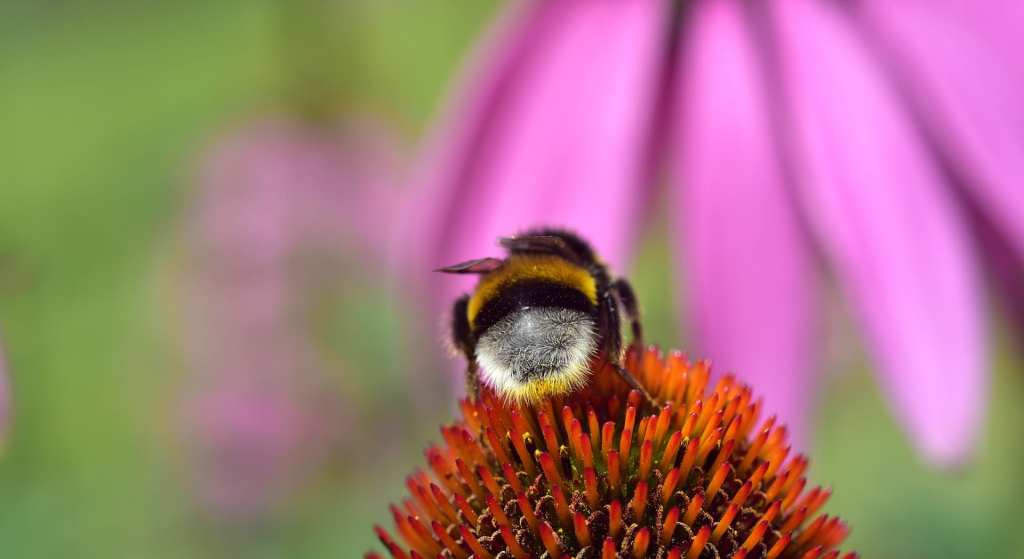In the last meeting of the Royal Geographical Society of London, the Earthwatch Institute declared bees as Earth’s most important living beings.
Unfortunately, many species of bees are also endangered.
Wildlife experts studying bees say the loss of around 90% of hives in some regions may be due to loss of habitat and flowers, plus the effects of pesticides.
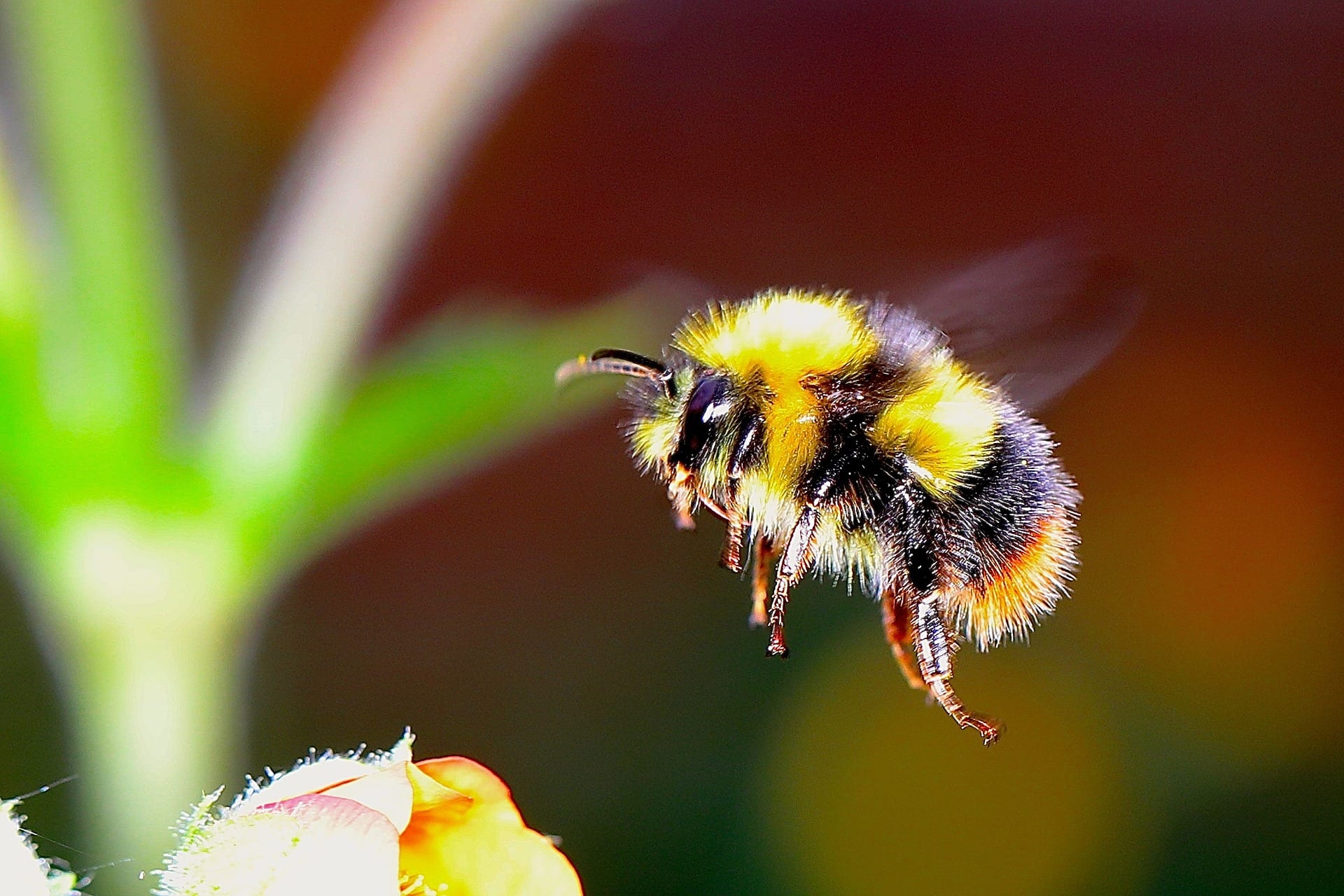
Photo Credit: Pixabay
We all know bees are important, but it’s hard to believe the humble bumble is actually the most important living being on Earth.
Let’s look at some bee facts:
Aside from giving us the miracle product that is honey, bees are responsible for pollinating approximately 75 percent of our fruit, nuts and vegetables. An estimated one-quarter of all the food we eat is courtesy of these fuzzy pollinators. Which means that without bees, necessary parts of our diet could disappear.
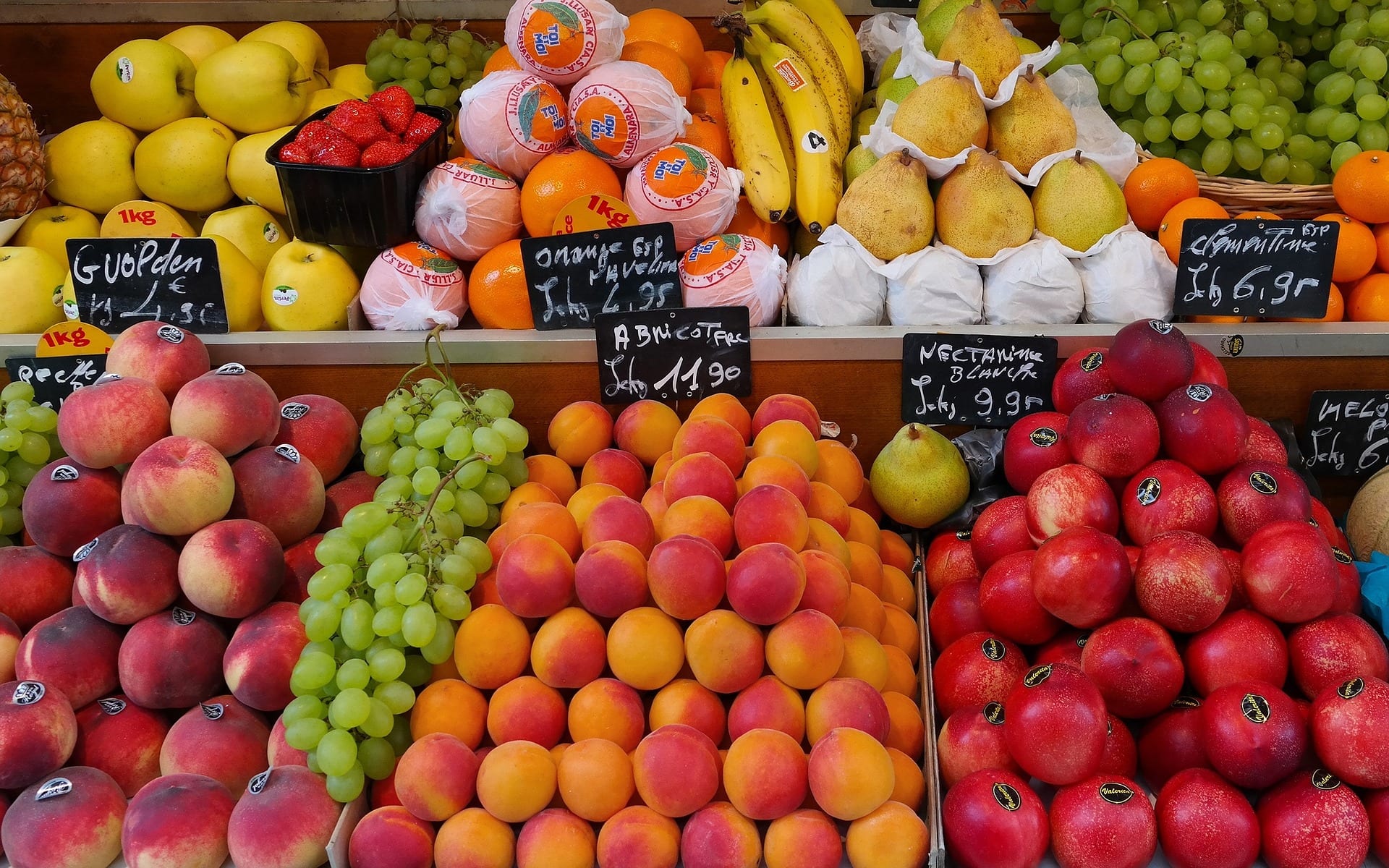
Photo Credit: Pixabay
Bees also pollinate the plants used to feed cows and other livestock. They also also keep cotton plants going. Basically, bees are essential to the global economy to the tune of billions annually.
Aside from their huge direct economic contribution, birds, small mammals and other animals that eat berries, seeds and plants, depend on the pollination of bees.
Bees, like the flowers they live for, have been with us for millions of years. Throughout time, bees and flowers have depended on each other for their sustainability; bees need the flowers’ pollen for energy and the flowers need the bees to reproduce. It’s a beautiful, perfect, natural dance.
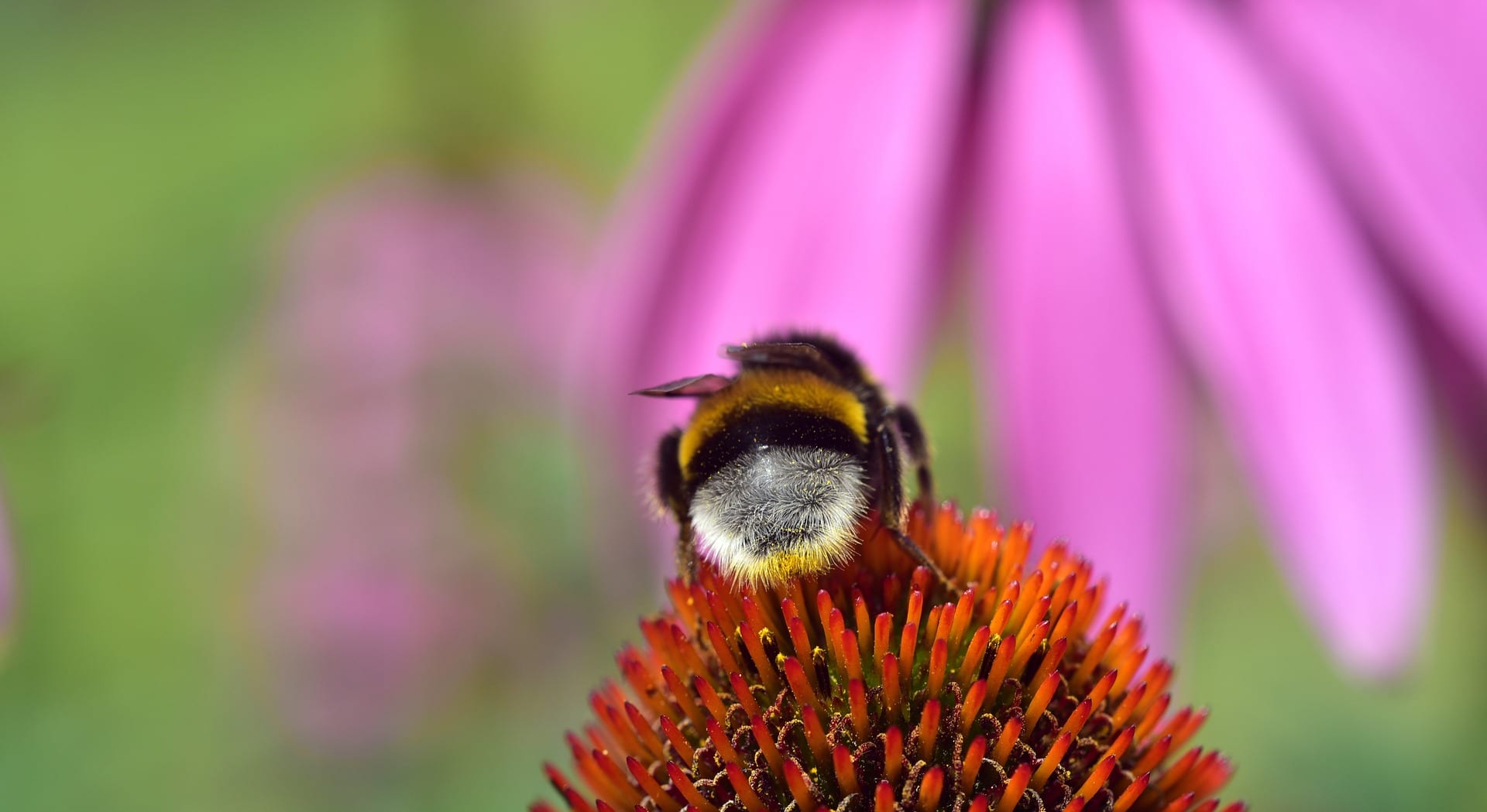
Photo Credit: Pixabay
As they fly from flower to flower, bees spread pollen from the male part, or stamen, of the flower, to the female part, or the stigma, of the next. Since bees typically stay with the same type of plants, the process results in sexy times for those flowers. The pollen moves into the ovaries of the flower to fertilize and form a seed. The seeds eventually grow into fruits, vegetables and flowers.
And that’s how plants are born, son.
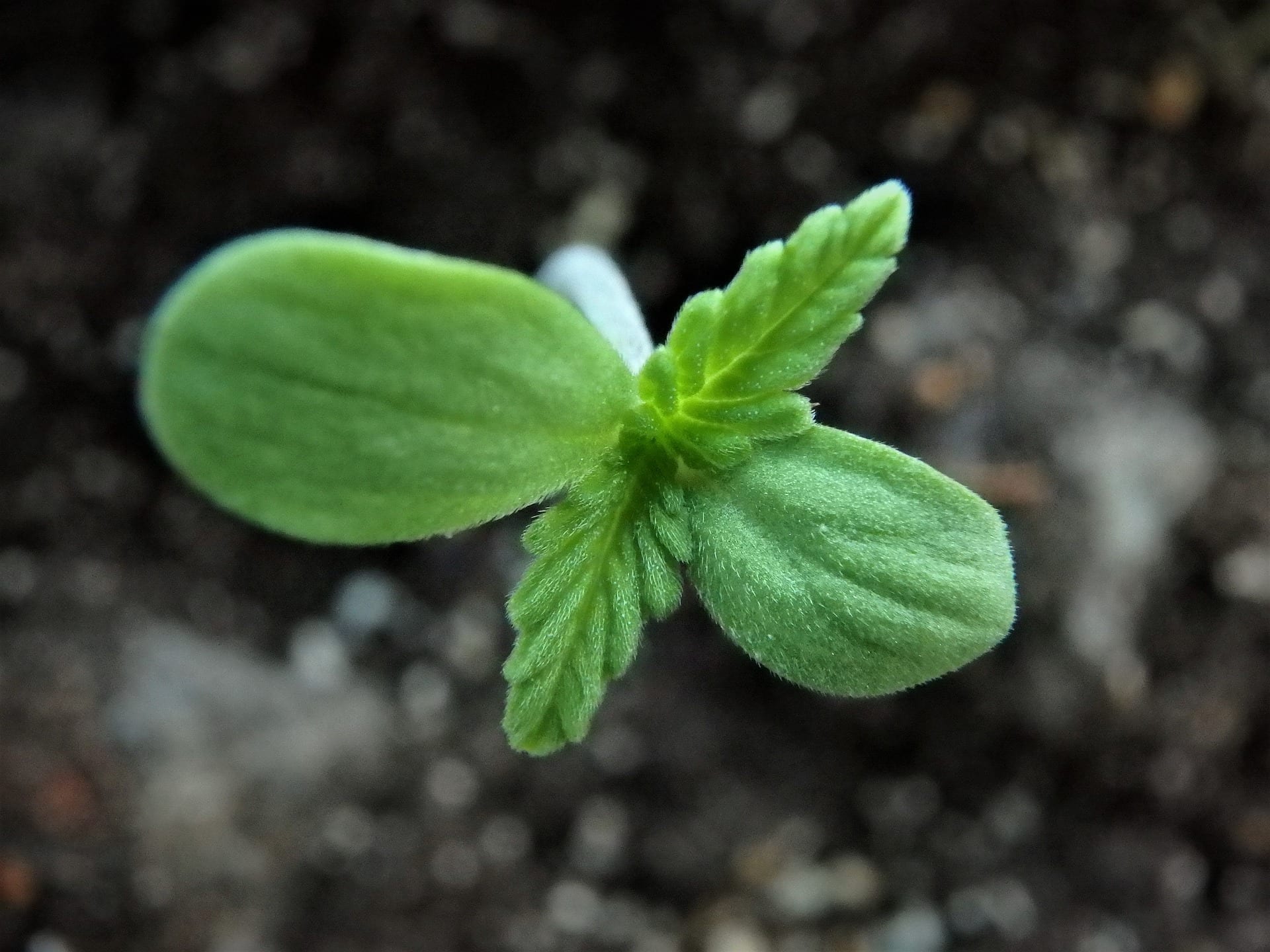
Photo Credit: Pixabay
Continued bee study at this point is critical. The devastating phenomenon of colony collapse disorder, where bees abruptly abandon their hive, continues to decimate bee populations, particularly in the United States, where there is a loss annually of 40% of colonies.
Bees are an integral component of our lives. To watch their demise will be disastrous to our own health and food stability.
Support our agriculture! Next time you see a bee, say, “Hey honey. Thanks for beeing you.” Also, consider planting a bee friendly garden or supporting pesticide free agriculture.
Cause we sure can’t live without bees.

